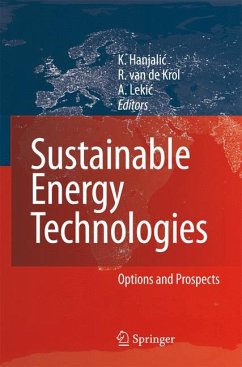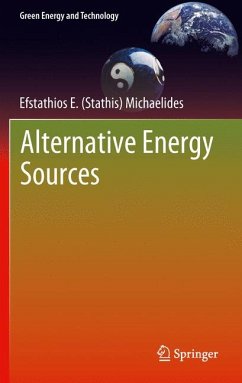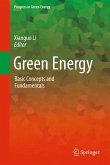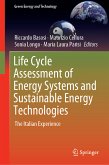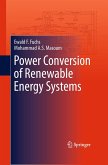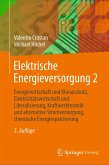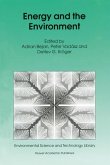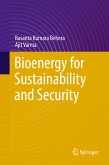The volume also offers views of feasibility of the implementation of advanced technologies especially in countries other than the few most developed industrial nations and highly populous countries, which all may have different priorities. Further, it brings together several regional surveys of needs, resources and priorities, as well as specific initiatives towards meeting future energy objectives, pursued in several countries in South-Eastern Europe.
The book targets engineers and planners in the energy sector, employees in energy utility companies, and various levels of governmental organizations and offices. It is also meant to serve as a graduate-level textbook to meet the growing demand for new courses in alternative, renewable and sustainable energy technologies at technical and general universities.
Dieser Download kann aus rechtlichen Gründen nur mit Rechnungsadresse in A, B, BG, CY, CZ, D, DK, EW, E, FIN, F, GR, HR, H, IRL, I, LT, L, LR, M, NL, PL, P, R, S, SLO, SK ausgeliefert werden.

